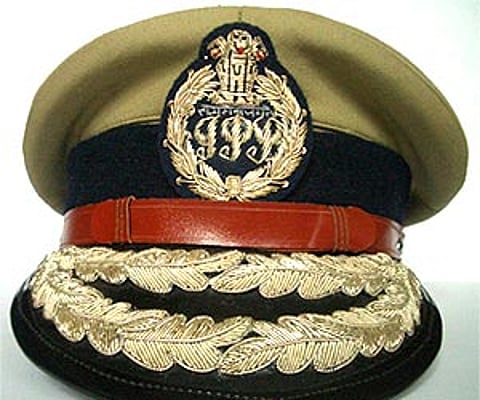

THIRUVANANTHAPURAM: With incumbent State Police Chief Shaik Darvesh Saheb set to retire on Monday, uncertainty looms over his successor as the state government weighs its choices. Though the UPSC has shortlisted three names for the post, the government is reportedly considering appointing an in-charge DGP from outside this panel.
Amid the brewing controversy, the government has reportedly sought legal advice on the feasibility of appointing an acting State Police Chief, bypassing the UPSC recommendations.
Former Director General of Prosecution Asaf Ali termed the move “foolhardy,” stressing that the state must adhere to the directives laid down by the Supreme Court.
“Nothing is above the Supreme Court verdict which has given proper directions in the Prakash v. Union of India. It clearly states that the state government will go with the three names shortlisted by the UPSC. UPSC selection body chooses the top ranks with the length of service, very good record and range of experience for heading the department. Nobody can violate it and move forward." he added.
For the states that have in-charge DGPs, the tenure is two years. And also, why would any government look at other states when already a Supreme Court verdict is clear. It will not stand if legally challenged. For example, in Sen Kumar’s case, the state government was not able to violate the law. As in the case of Kerala Police Act, it has been diluted for convenience.
In a special circumstance like if UPSC list is late, if other states are choosing in-charge DGP, that should not be the norm. There is a Supreme Court verdict and nothing can’t be done above that,” he said.
However, former DGP Jacob Punnoose pointed out that many states have used the strategy of appointing in-charge DGPs now as well as earlier, without following UPSC panels. Law and order being a state subject, state governments do have some constitutional leeway, he said.
“The Kerala Police Act also vests the government with the authority to appoint the State Police Chief. While the Supreme Court had earlier ruled that DGP appointments must be made from a list of officers empanelled by the UPSC, the directive has not been consistently followed across states and so far, such deviations have not been legally challenged or annulled by any authority. The constitutional position remains nuanced. Although the UPSC recommends names, there is no specific constitutional provision that strictly binds the state to accept them.
In practice, several states have exercised discretion in such appointments, asserting their administrative autonomy, as UPSC has no power to enforce its recommendation,” said Punnoose. As the confusion prevails, there are also reports that the state government might call a special cabinet meeting on Monday to finalise the decision.